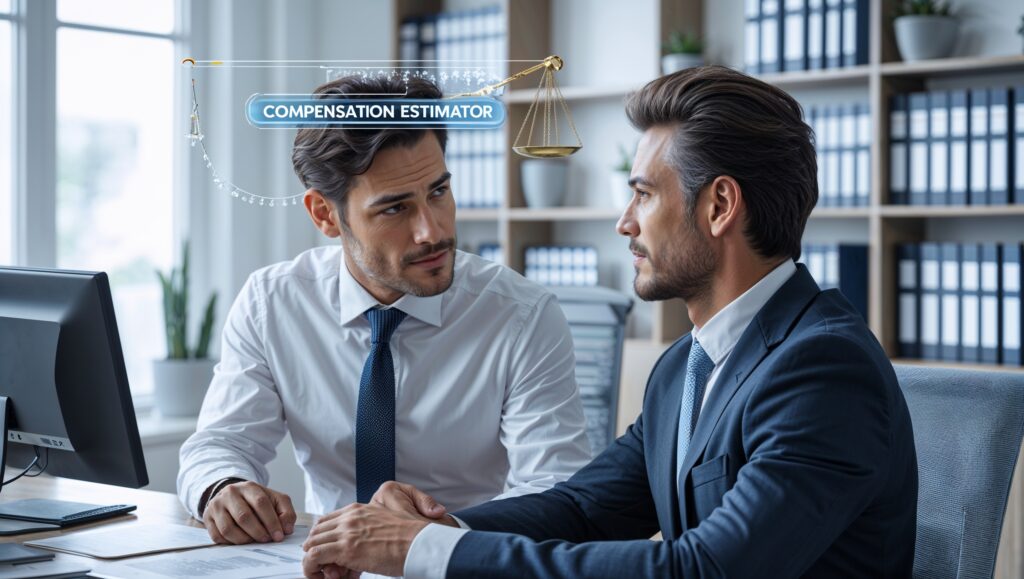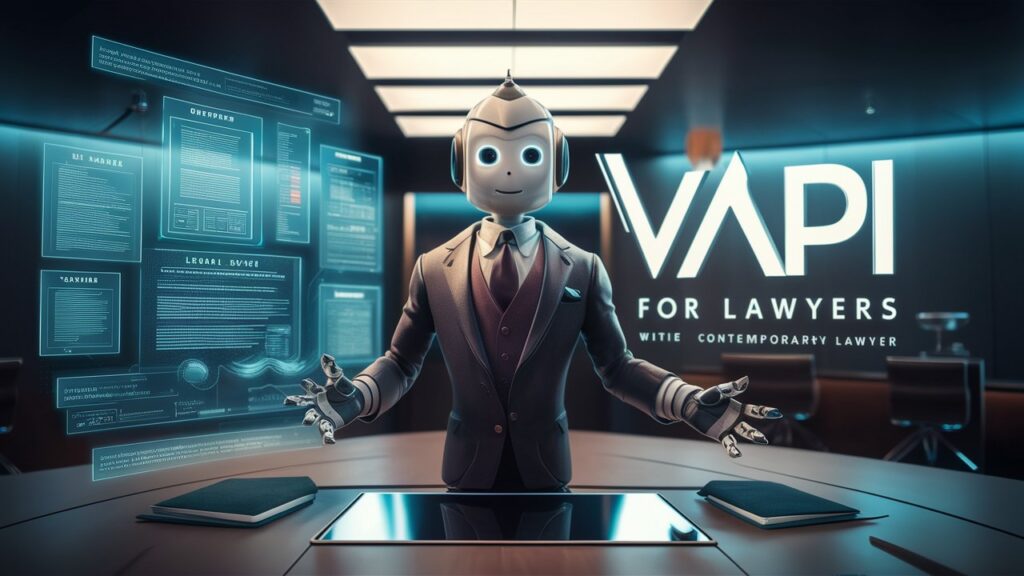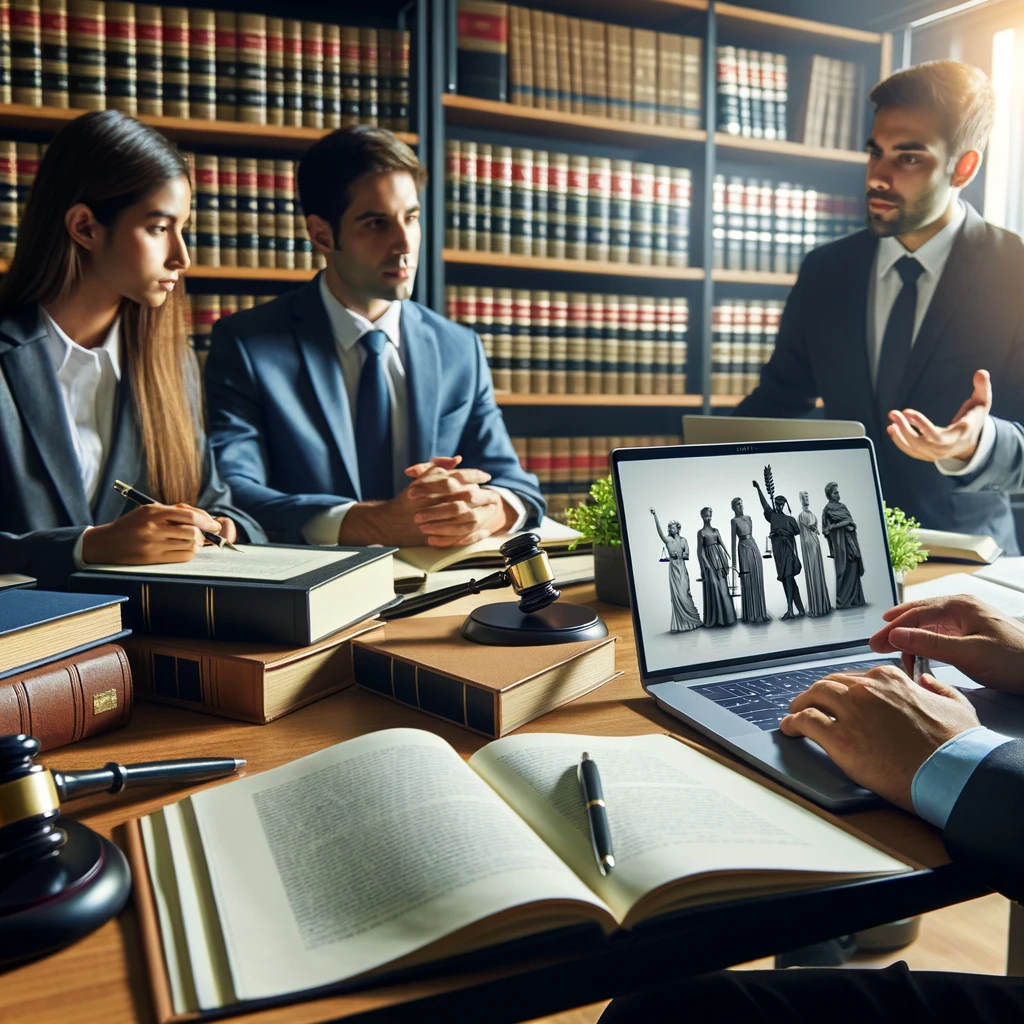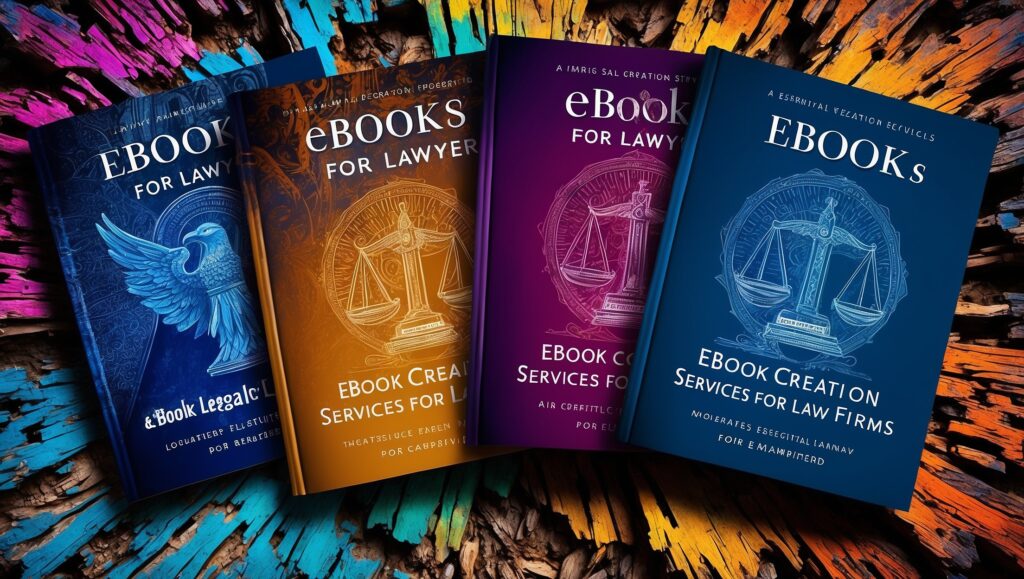AI Avatars for Lawyers
AI Avatars for Law Firms in 2025Transforming Legal Marketing and Client Interaction The legal profession is rapidly evolving, and as we step into 2025, innovative technologies are reshaping how law firms operate and engage with clients. One of the most exciting advancements is the adoption of AI Avatars—virtual, human-like representatives powered by artificial intelligence. These digital clones are becoming indispensable tools for law firms looking to modernize their marketing, streamline operations, and enhance client experiences. Why AI Avatars Make Sense for Law Firms 1. Consistency and Accessibility AI Avatars ensure that your law firm’s branding and messaging are consistent across all platforms. Whether it’s a video message, a website chatbot, or a client intake call, your AI Avatar speaks with the same professionalism and tone that clients expect. Plus, they’re available 24/7, offering round-the-clock engagement without the need for additional staffing. 2. Cost-Effective Content Creation Filming new videos can be time-consuming and costly. By creating an AI clone of a lawyer or partner, you can generate an unlimited number of professional-quality videos without scheduling shoots, renting equipment, or enduring the hassles of re-filming. 3. Enhanced Client Interaction AI Avatars can serve as interactive representatives, answering frequently asked questions, guiding prospective clients through your services, or even explaining complex legal concepts in a user-friendly manner. This creates a personalized experience for potential clients and enhances their trust in your firm. 4. Adaptability Across Platforms Whether you’re showcasing your AI Avatar on your website, social media channels, or even in email campaigns, these digital tools adapt seamlessly to different mediums. Their versatility makes them an ideal asset for any modern law firm. 5. Stress-Free Marketing For lawyers who don’t enjoy being in front of the camera, an AI Avatar provides an easy alternative. Instead of filming themselves, lawyers can simply script content, and the AI Avatar will handle the delivery with poise and professionalism. How Lawyers Can Create and Use AI Clones Creating an AI clone is simpler than it sounds. Here’s how law firms can get started: Choose the Right AI Platform Platforms like Heygen make it easy to create AI Avatars by uploading a short video sample. These tools analyze facial expressions, voice patterns, and mannerisms to replicate the lawyer’s appearance and personality. Customize the Avatar’s Features Decide on the avatar’s tone, attire, and background to align with your firm’s branding. Script Your Content Write clear and concise scripts for the avatar to deliver. These can range from FAQs and marketing videos to client onboarding messages. Deploy Across Channels Use your AI Avatar on your website, in email campaigns, on social media, or even as part of a chatbot for interactive engagement. Example Applications Across Legal Specialties Here are examples of how different types of law firms can leverage AI Avatars: 1. Criminal Lawyer Scenario: An AI Avatar delivers a professional and reassuring video explaining the importance of acting quickly when facing criminal charges. Script Example: “Facing criminal charges can be overwhelming. At [Law Firm Name], we understand the stress you’re under, and we’re here to help. Contact us 24/7 for immediate assistance.” 2. Personal Injury Lawyer Scenario: The AI Avatar provides an engaging message encouraging injured clients to seek compensation. Script Example: “If you’ve been injured due to someone else’s negligence, don’t face the battle alone. Let [Law Firm Name] fight for the justice and recovery you deserve.” 3. Estate Planning Lawyer Scenario: The Avatar discusses the importance of planning for the future and securing a family’s financial stability. Script Example: “At [Law Firm Name], we make estate planning simple, secure, and stress-free. Protect your legacy by scheduling a consultation today.” 4. Divorce Lawyer Scenario: A compassionate Avatar reassures potential clients navigating a difficult time in their lives. Script Example: “Divorce is never easy, but you don’t have to go through it alone. At [Law Firm Name], we’re here to protect your interests and guide you to the next chapter.” The Future of AI Avatars in Law Firms As AI Avatars become increasingly sophisticated, their potential uses in law firms will only grow. From multilingual support to predictive analytics for client questions, these digital representatives are paving the way for a more efficient and accessible legal industry. Firms that embrace this technology now will gain a competitive edge, saving time, cutting costs, and delivering unparalleled client service. Ready to Create Your AI Avatar? Don’t let your law firm fall behind in the digital age. Schedule a consultation with us at 312-970-1055 or visit Legal Search Marketing to explore how AI Avatars can transform your practice today.
AI Avatars for Lawyers Read More »









